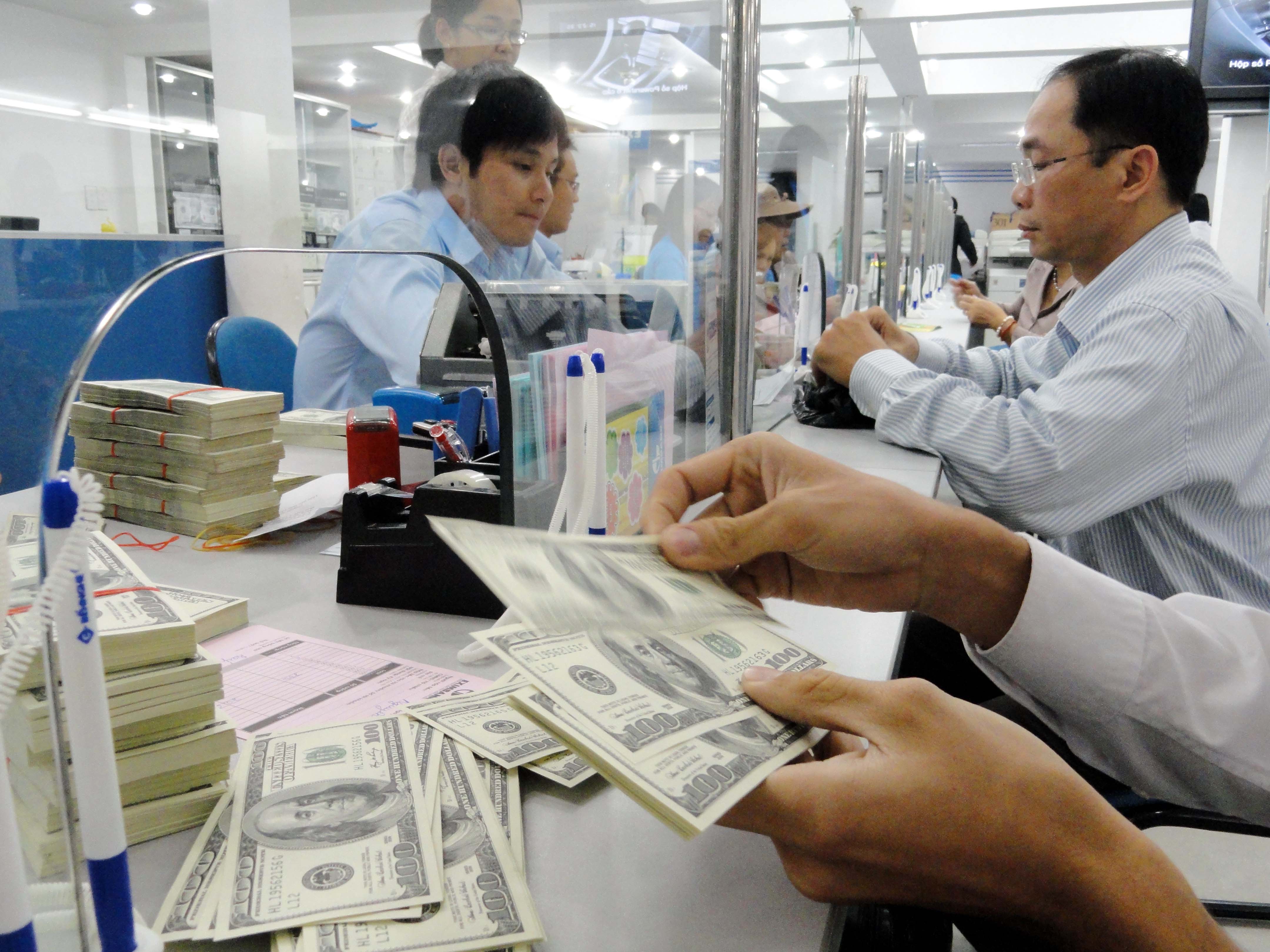The disbursement of foreign direct investment (FDI) and official development assistance (ODA) capitals, plus overseas remittances, is forecast to surge to $25 billion by the end of 2013, according to the national financial watchdog.
The local foreign exchange market rates has remained relatively stable since the beginning of the year, with only a few small changes caused by seasonal demand and psychological impact, said the National Financial Supervision Commission (NFSC) in a recent report evaluating the macroeconomic situation of Vietnam in October.
The situation is expected to remain resilient from now to the end of this year, said NFSC.
The commentary of the national financial watchdog coincides with a recent statement made by Nguyen Van Binh, governor of the State Bank of Vietnam (SBV).
The central bank Governor Binh has recently confirmed that the local foreign exchange market will remain stable, and will be kept under close watch for timely intervention in case of any fluctuations until the end of the year.
In late September, Prime Minister Nguyen Tan Dung told Bloomberg in an official interview in that the local currency, the Vietnam dong, wouldbe devalued 2 percent at most this year to support local export sector.
But Binh said what the Vietnamese Prime Minister want to imply was that the country doesn’t really need to devalue its currency, and if any, the dong would only by devalued within the 2-percent range.
Binh said he saw no possibility of dong devaluation in a near future given the ample local foreign exchange reserves. The local forex reserves have been forecast to reach over $30 billion.
|
CEO of HSBC Vietnam Sumit Dutta said a recent business luncheon with members of foreign associations in Vietnam that the dong was the third among Asian currencies in terms of stability against the US dollar since early this year to August, citing figures from Bloomberg, according to Thoi Bao Kinh Te Sai Gon newspaper. But many regional currencies took a hard hit after the Federal Reserve (Fed) in late July revealed that they could gradually reduce the pace of the bond-buying package QE3, he said, adding that emerging markets in Asia and elsewhere saw the wave of foreign outflows, prompting strong depreciation of those countries’ currencies against the greenback. Trinh Nguyen, an economist of HSBC, told Thoi Bao Kinh Te Sai Gon that there were two reasons making dong stable against the US dollar over the past year. Firstly, the country’s trade deficit has been narrowed down significantly and Vietnam does not need to depend on foreign capital flows to offset the deficit. |


















































